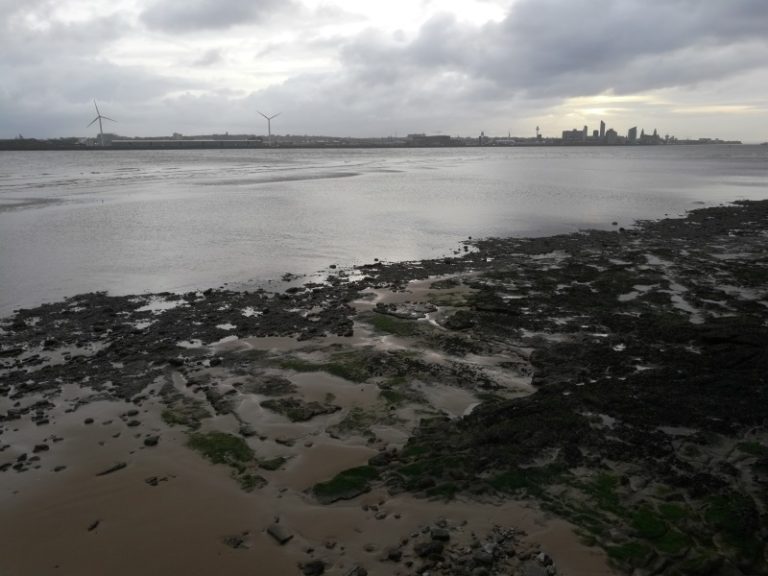Prologue
People sometimes think of The Hobbit as just the prologue to The Lord Of The Rings.
The story of The Hobbit is barely a footnote in the first Lord Of The Rings movie. They take a few seconds to say “Bilbo found a magic ring” – but there’s so much more to it than that! Dwarves and trolls and fantastic expeditions, elves and a dragon and incredible heroism…
The Hobbit is an epic adventure. It’s not only so Bilbo can find the One Ring.
…we now cut from Nathan’s Book & Movie Review Corner, back to the Viva Survivors blog…
I think candidates sometimes forget that the time spent doing the PhD is not just the prologue. And your thesis is for more than passing the viva. It isn’t just there to please your examiners and pass an exam. It stands as a separate, lasting contribution. It means something.
The ways you change, the things you learn, the things you can do by the end – it’s epic, not just the prologue.
I love The Hobbit, but The Lord Of The Rings is the grander story. Your life after the PhD probably will be too.
